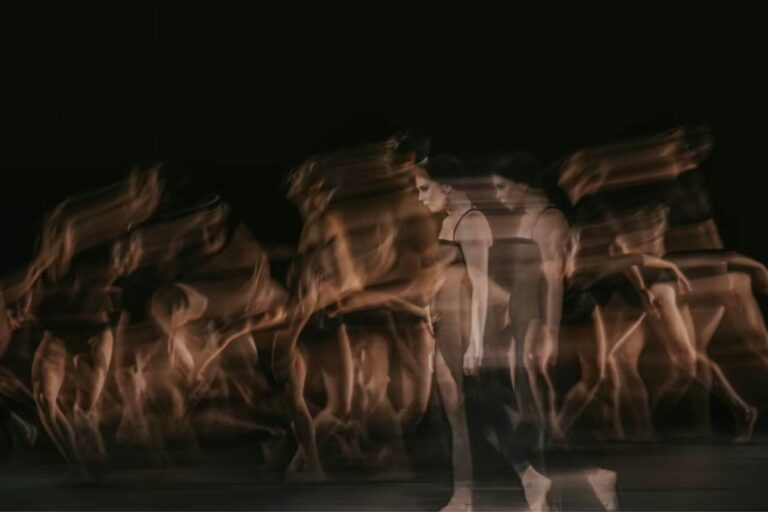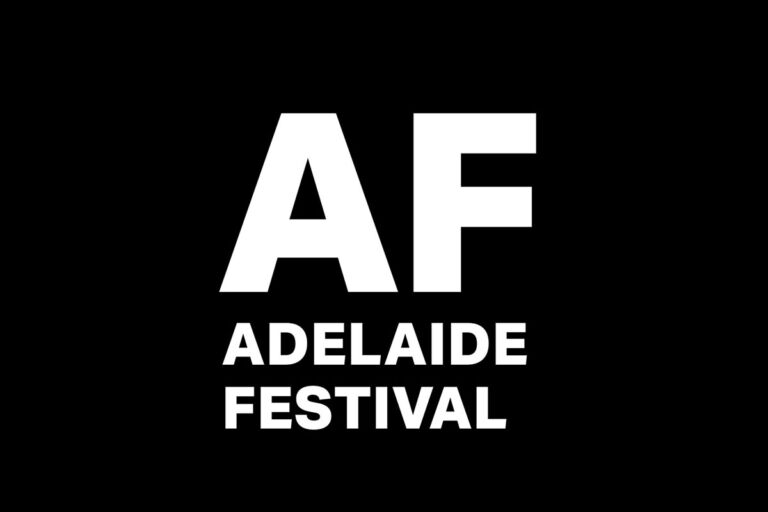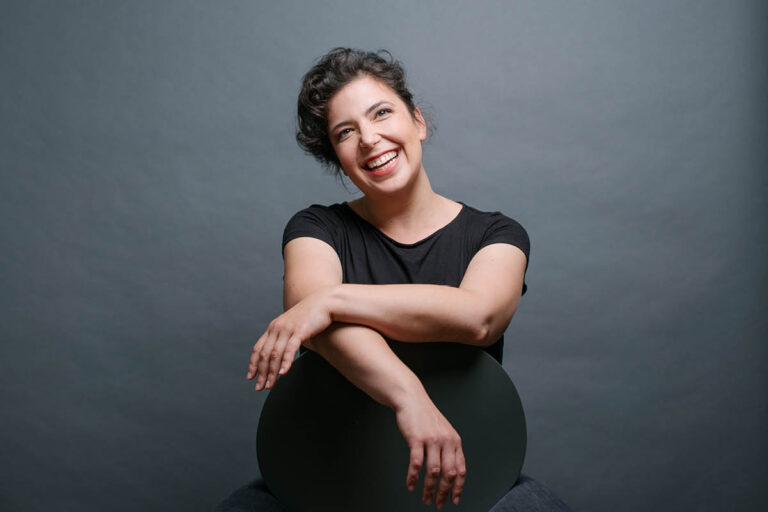South Africa, 1976. The setting of this new MTC commission immediately puts the audience on edge, because that place and time means apartheid.
Destiny grapples with this official policy of racial segregation from the perspective of several “coloured” characters – the classification for people of mixed race, which determined everything from where they could live to who they could marry.
It’s politically charged, but this family drama written by and starring South African-born Kirsty Marillier is also rich with humour, heartache and tenderness.
Perfectly cast, including with two other actors of South African heritage, and grounded by an inventive set, the world premiere production of Destiny is directed by Zindzi Okenyo (co-director of MTC’s Is God Is).

Destiny. Photo © Pia Johnson
Marillier plays Della, who tries to keep her widowed dad Cliff from overdoing the booze, and her younger brother Rocky out of trouble – especially when her ex, Ezra, suddenly returns home from university. He’s a political activist, just like his late father, and smitten Rocky wants to join the cause.
Having long struggled to heal her broken heart, hold her family together, strive for a better life and keep her head...
Continue reading
Get unlimited digital access from $4 per month
Already a subscriber?
Log in










Comments
Log in to start the conversation.